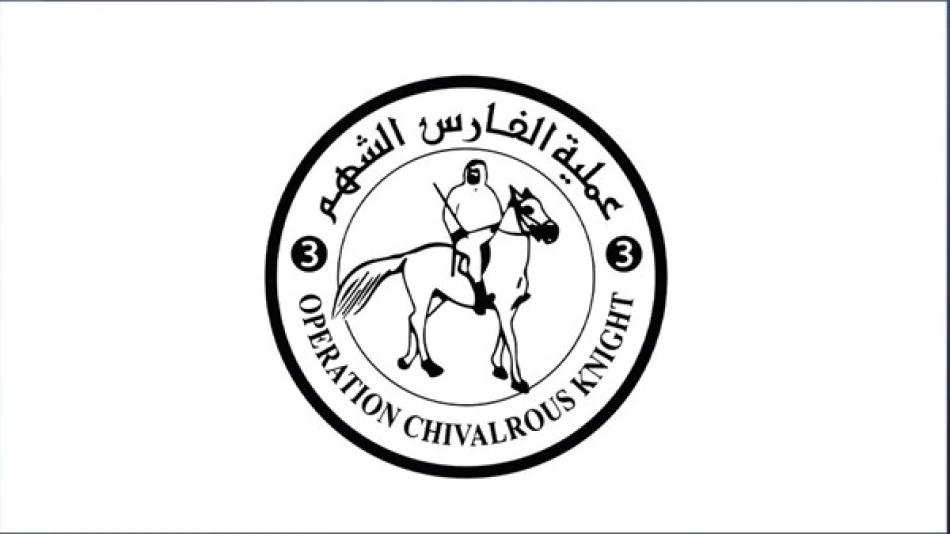
Emirati Aid Convoy of 325 Trucks Delivers 6,775 Tons to Gaza Strip
UAE Scales Up Gaza Relief Efforts with 76-Truck Aid Convoy as Humanitarian Crisis Deepens
The United Arab Emirates has dispatched four major aid convoys carrying over 1,400 tons of humanitarian supplies to Gaza through Egypt's Rafah crossing, marking an intensification of regional relief efforts as the Palestinian territory faces mounting shortages of food, medicine, and basic necessities. The operation represents the UAE's most substantial humanitarian intervention in the current crisis, with 325 trucks delivering nearly 7,000 tons of aid since border crossings reopened.
Strategic Coordination Through Egyptian Territory
The UAE's "Noble Knight 3" humanitarian operation has established a sophisticated logistics network operating from the Egyptian city of Al-Arish, where Emirati humanitarian teams oversee precise loading and tracking of aid shipments. The 76 trucks that crossed last week carried essential supplies including food, medical equipment, shelter materials, and water purification systems—addressing the most critical shortages reported by international aid organizations.
This coordinated approach through Egyptian territory highlights the growing role of regional powers in humanitarian diplomacy. Unlike previous aid efforts that often faced logistical bottlenecks, the UAE's operation demonstrates how Gulf states are leveraging their organizational capabilities and regional relationships to deliver assistance at scale.
Regional Humanitarian Leadership in Focus
The UAE's response reflects a broader shift in Middle Eastern humanitarian intervention strategies. Since the temporary ceasefire began, the Emirates has positioned itself as a leading regional humanitarian actor, deploying resources that rival traditional international aid organizations in both speed and volume.
Comparative Regional Response
The UAE's approach contrasts with other regional powers' strategies. While some nations focus primarily on diplomatic initiatives, the Emirates has chosen direct humanitarian engagement—a model it previously employed in Yemen, Syria, and Lebanon. This hands-on approach allows for greater control over aid distribution and enhanced diplomatic influence.
Economic and Diplomatic Implications
From a geopolitical perspective, the UAE's substantial aid commitment serves multiple strategic objectives beyond humanitarian relief. The operation strengthens the Emirates' position as a moderate regional voice while building goodwill across the Arab world. For international observers, it demonstrates how wealthy Gulf states are increasingly willing to take leadership roles in crisis response.
The economic scale of this operation—involving hundreds of trucks and thousands of tons of supplies—also showcases the UAE's logistical capabilities and financial commitment to regional stability. This level of sustained humanitarian investment typically requires significant government backing and long-term strategic planning.
Operational Efficiency as Diplomatic Tool
The UAE's emphasis on "precise loading" and field monitoring of aid distribution addresses a common criticism of humanitarian operations: lack of accountability and inefficient resource allocation. By maintaining direct oversight through teams in Al-Arish, the Emirates is positioning itself as a more reliable humanitarian partner than traditional aid channels that often struggle with transparency and delivery verification.
This operational approach may influence how other nations and international organizations structure future humanitarian responses, particularly in politically sensitive regions where aid delivery requires careful coordination with multiple stakeholders.
Most Viewed News

 Layla Al Mansoori
Layla Al Mansoori






